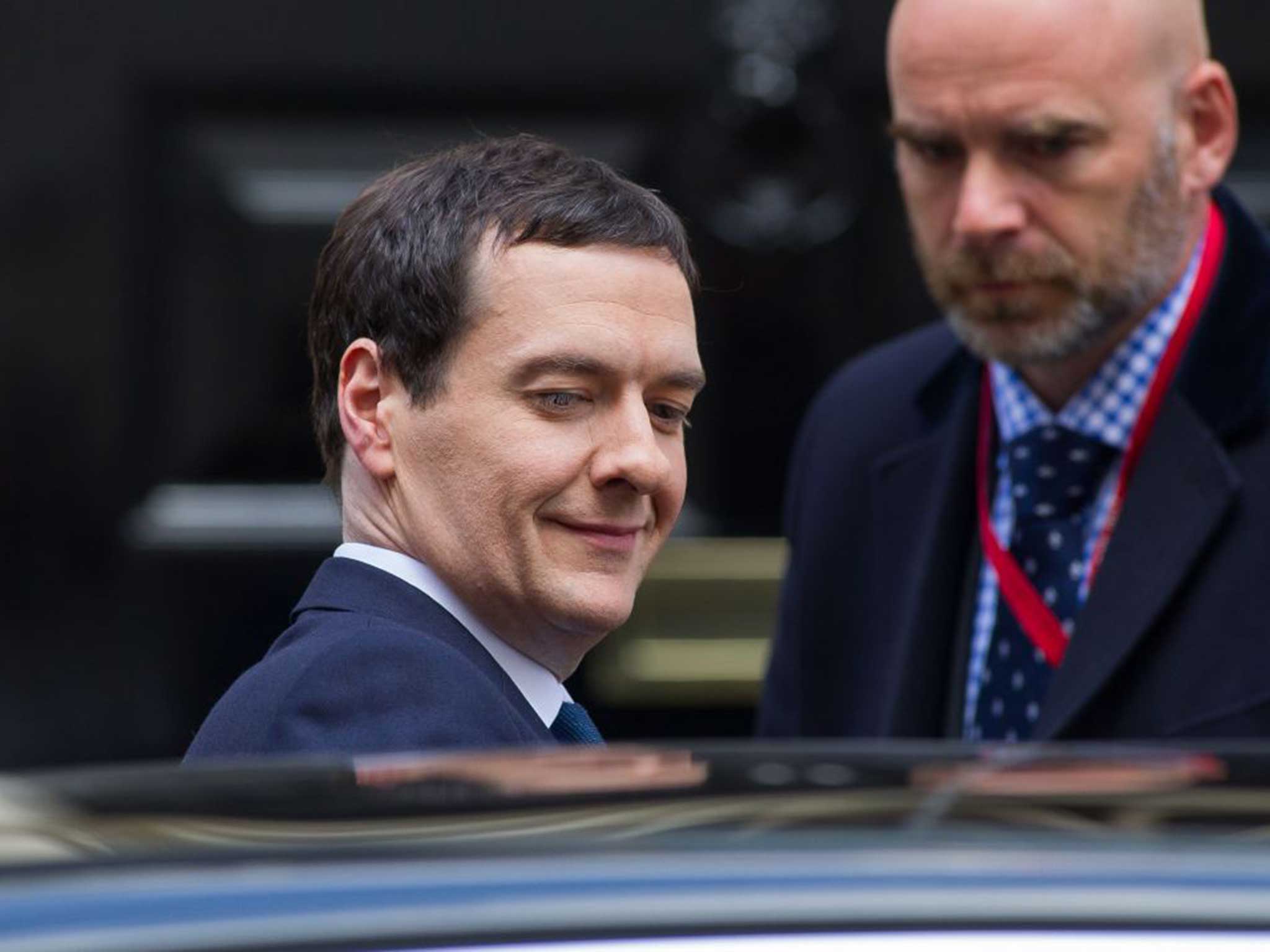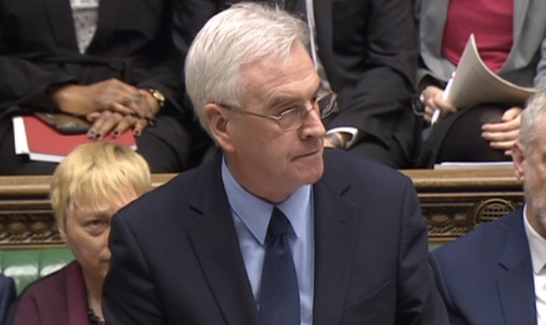The UK national debt has risen by £555 billion since 2010 under George Osborne
The Chancellor has made deficit reduction the centrepiece of his economic policy

Government debt has increased by £555 billion since George Osborne took office in 2010, the latest official figures show.
The Office for National Statistics said this week the Government had borrowed £70.7 billion pounds in the first 11 months of the current financial year.
Barring a major last-minute turnaround before the year ends next month, the Chancellor is likely to borrow more than his forecast for this year of £72.2 billion.
With inflation at zero and growth rates far from booming the Government is yet see real public debt falling as a percentage of the economy – the most important measure for assessing the public finances.
The Office for Budget Responsibility – the Government’s spending watchdog – cut its growth and deficit reduction forecasts in new projections revealed in the Budget a week ago.
The fiscal watchdog, which is in charge of official economic forecasts, said GDP would actually only grow by 2 per cent instead of 2.4 per cent in 2016.
As a result, it also increased the Chancellor's forecast borrowing in 2018-19 by £16 billion – a significant set-back in his drive to cut debt.
Growth rates were downgraded in each of the next four years after that, with 2017 growth down from 2.5 per cent to 2.2 per cent and 2018 growth at 2.1 per cent from 2.4 per cent .
The OBR said productivity growth had not recovered from the economic crisis at the rate it had previously expected it to.
It also warned that the world economic outlook was slowing.

The Chancellor is targeting a surplus instead of deficit by the 2020 general election and says his latest Budget has put the economy on course to do so.
He was however dealt a further blow this week when he was forced to climbdown on £4.4 billion of spending cuts to disability benefits – after the resignation of the Work and Pensions Secretary Iain Duncan Smith.
Despite the continued increase in public debt and limited progress on deficit reduction, Mr Duncan Smith accused the Government of balancing the books on the backs of the most vulnerable in society.
A distributional analysis of Mr Osborne’s latest Budget shows that it benefits the richest the most – and the poorest least.
Labour accused Chancellor of leaving a “hole” in spending plans because of the U-turn – as well as two other on VAT for women’s sanitary products and solar panels.
“The British economy will stay on course and we will not burden out children and grandchildren. This is a budget for the next generation,” the Chancellor said in his Budget speech.
Join our commenting forum
Join thought-provoking conversations, follow other Independent readers and see their replies
Comments
Bookmark popover
Removed from bookmarks